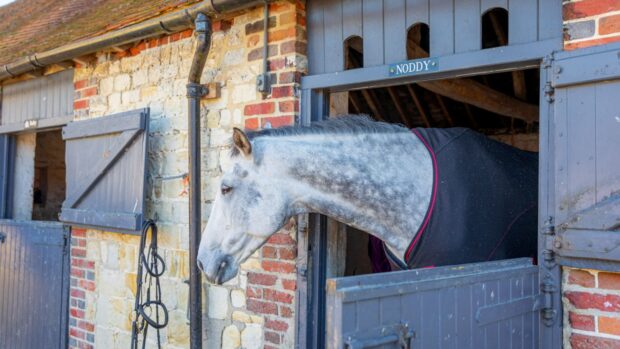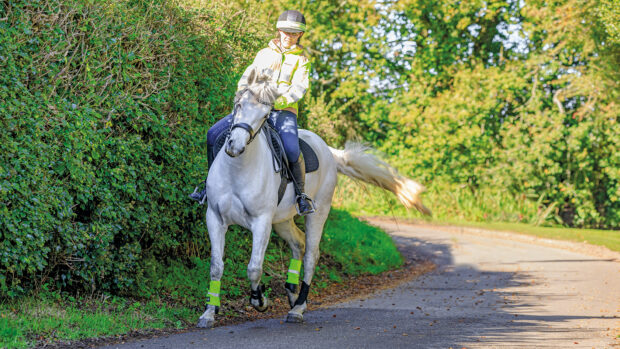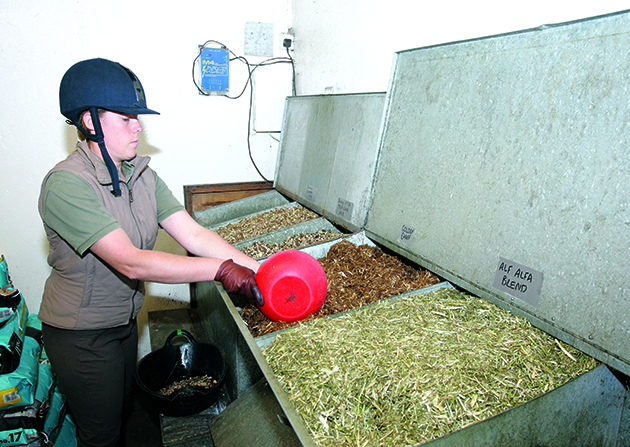Preparing your winter feeding regime while the weather remains unseasonable warm may seem unnecessary, but a little thought now will ensure your horse remains fit and well this winter.
You want your horse to be in good condition as winter arrives – it is much easier to keep weight on a horse during cold weather than trying to achieve weight gain.
The majority of horse owners work to a strict budget, but don’t be tempted to purchase inferior food – buy the best you can afford. Cheap hard feed is likely to be low in nutrients so you’ll have to feed more, costing you more money in the long run.
Many feed companies manufacture ‘budget’ feeds, rather like the ‘own brand’ products found in supermarkets. These products are not inferior, but are produced at a reduced cost by saving money on packaging, literature and advertising. If the manufacturer is reputable, then the feed will be of good quality.
What to feed this winter
Fibre: Both field-kept and stabled horses should be fed plenty of quality fibre. Digestion produces internal warmth, and fibre takes up to 40 hours to digest, working like internal ‘central heating’.
Concentrates: These should be fed according to the type of work the horse is undertaking. Most feed companies produce range of feeds so choose the one which is most appropriate for your horse.
Oil: This is great for adding weight and condition. Add a tablespoon to the feed twice a day to begin, and gradually work up to a tea cup twice a day.
Minerals and vitamins: Grazing is of poor quality during the winter months and hay alone will not make up for the loss in nutritional value. The horse’s diet may need supplementing with minerals and vitamins.
Vegetables can be fed daily to provide vitamins and minerals. Broad-spectrum supplements, containing a wide range of minerals and vitamins, can be added to concentrates, as either a powder or pellet.
Click here to subscribe to HORSE magazine.




